This article discusses weight loss, restrictive eating, and calorie numbers.
Amid continued backlash around the use of Ozempic for weight loss and maintenance, Rebel Wilson has shared her thoughts.
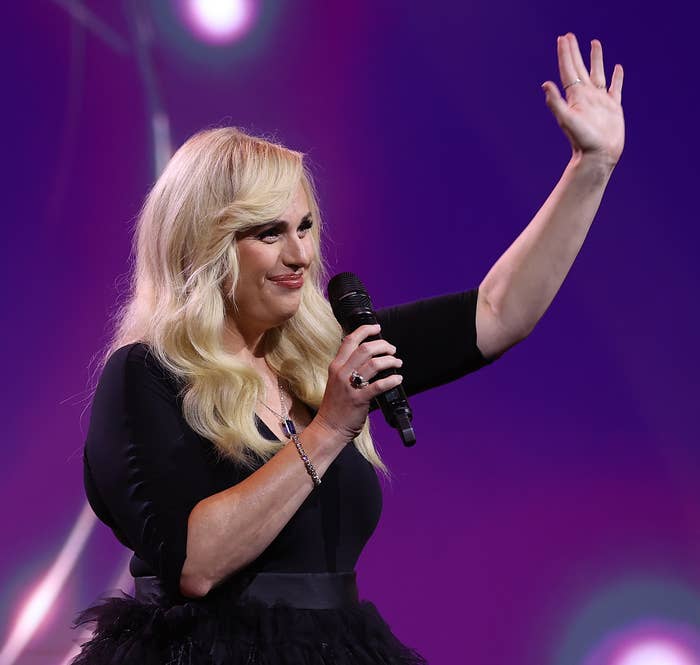
In recent years, the drug Ozempic has become increasingly popular in the celebrity space for weight loss. The FDA has approved it to help lower blood sugar levels in people with Type 2 diabetes, but it has not been approved for chronic weight management.
Health professionals have advised against the use of Ozempic for weight loss — not least because the celebrity obsession with it has resulted in a shortage of the drug for individuals with Type 2 diabetes.
As you're probably aware by now, many celebrities — like Sharon Osbourne — have candidly discussed how harmful the drug can be. Warning young people not to use it for weight loss, Sharon recently revealed that she's lost far more weight than she intended and experienced horrific side effects since first using the drug.
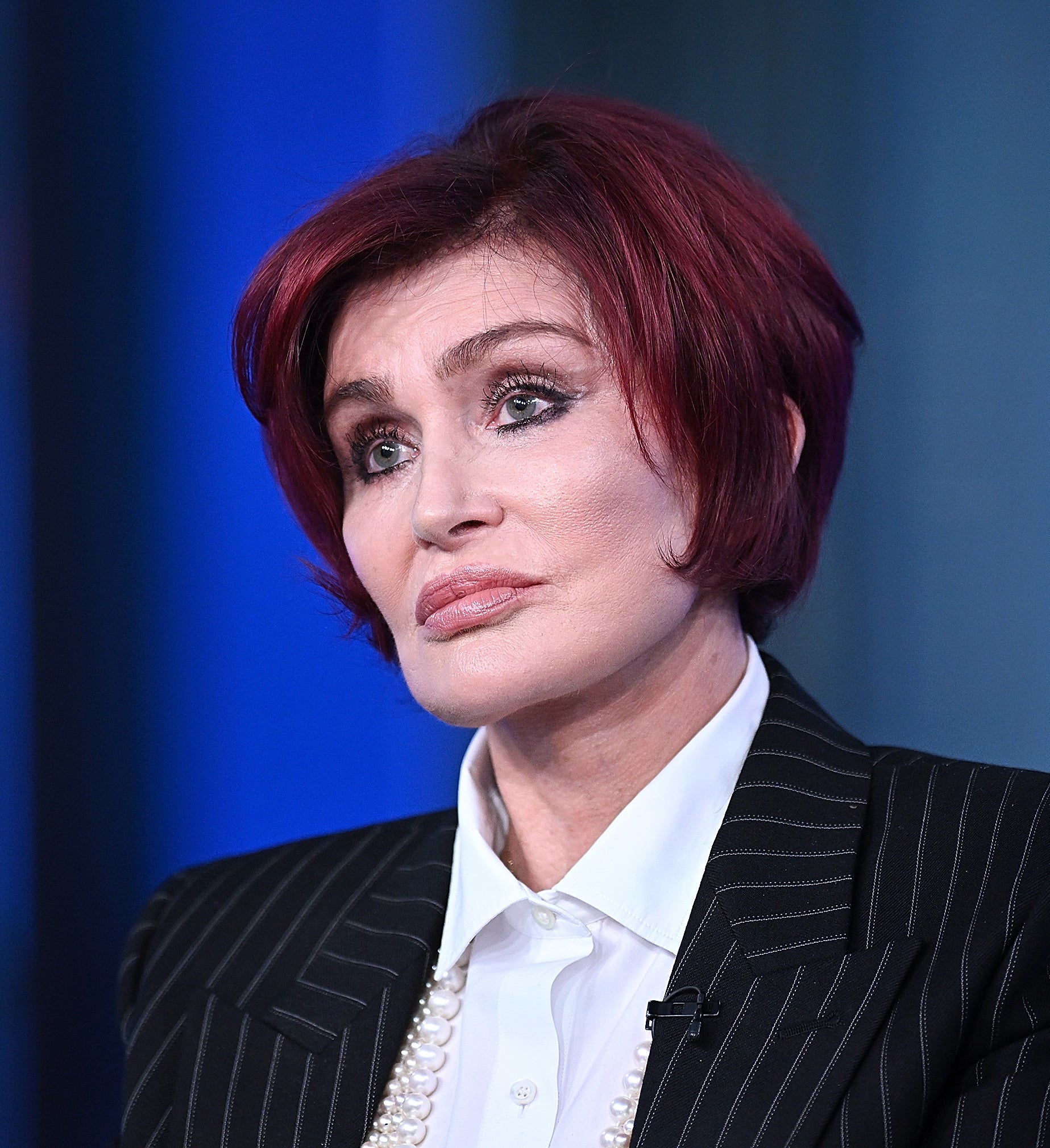
Despite all this, other celebs have defended the use of Ozempic — Rebel being the latest.

Rebel, who has spent years on a self-proclaimed health journey, has long documented updates on her well-being on Instagram, often citing her diet and exercise as her means of losing weight.
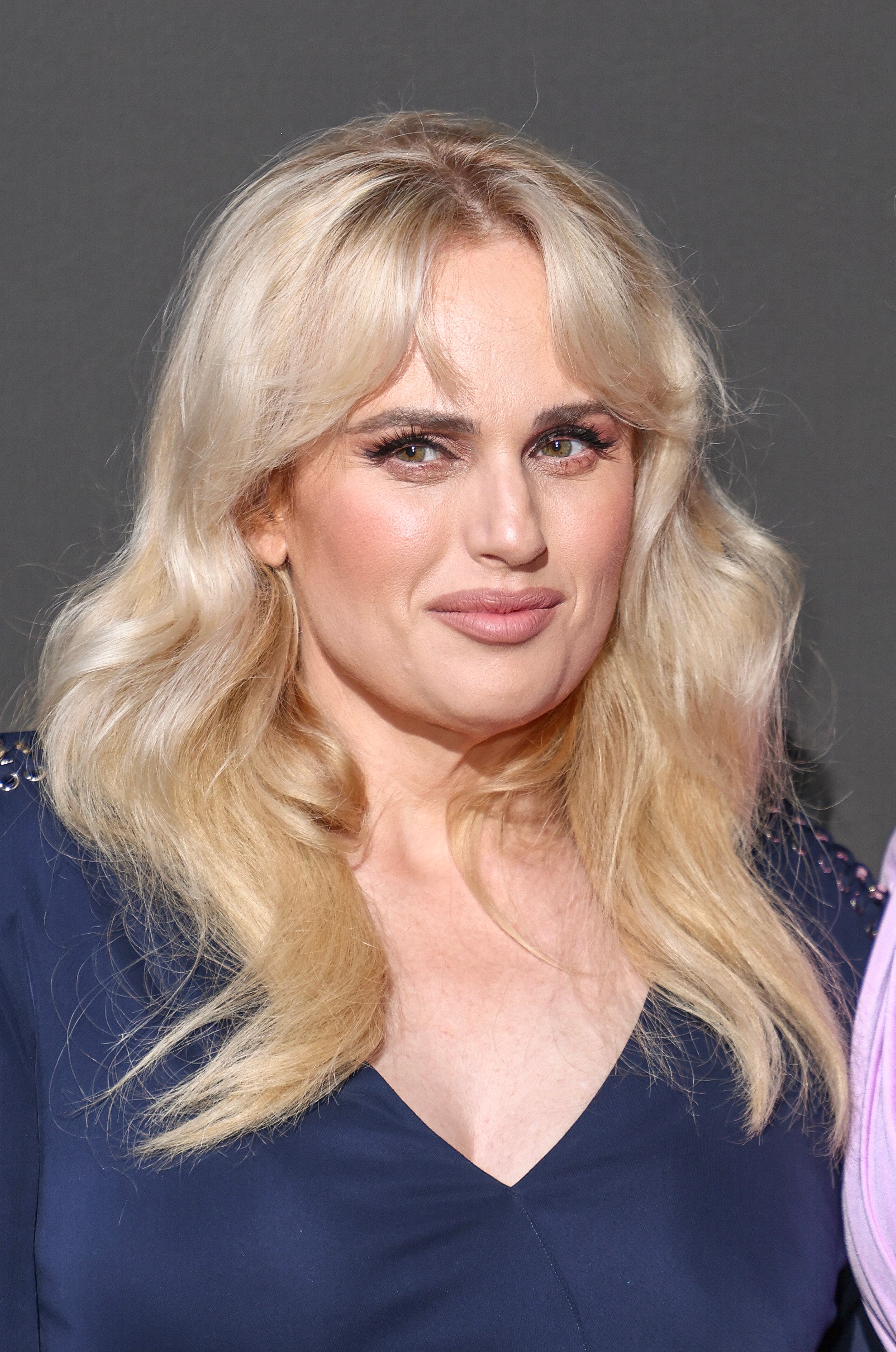
In fact, Rebel sparked backlash last year after claiming she'd learned that the body only needs "about 600 calories a day" while detoxing. "When I first started my diet, I set a goal weight because I needed some kind of goal, I needed something to work towards, but once I started losing the weight I thought maybe I could do more," she said. "At first I wanted to just lose 75 pounds and then I thought, I can go further."
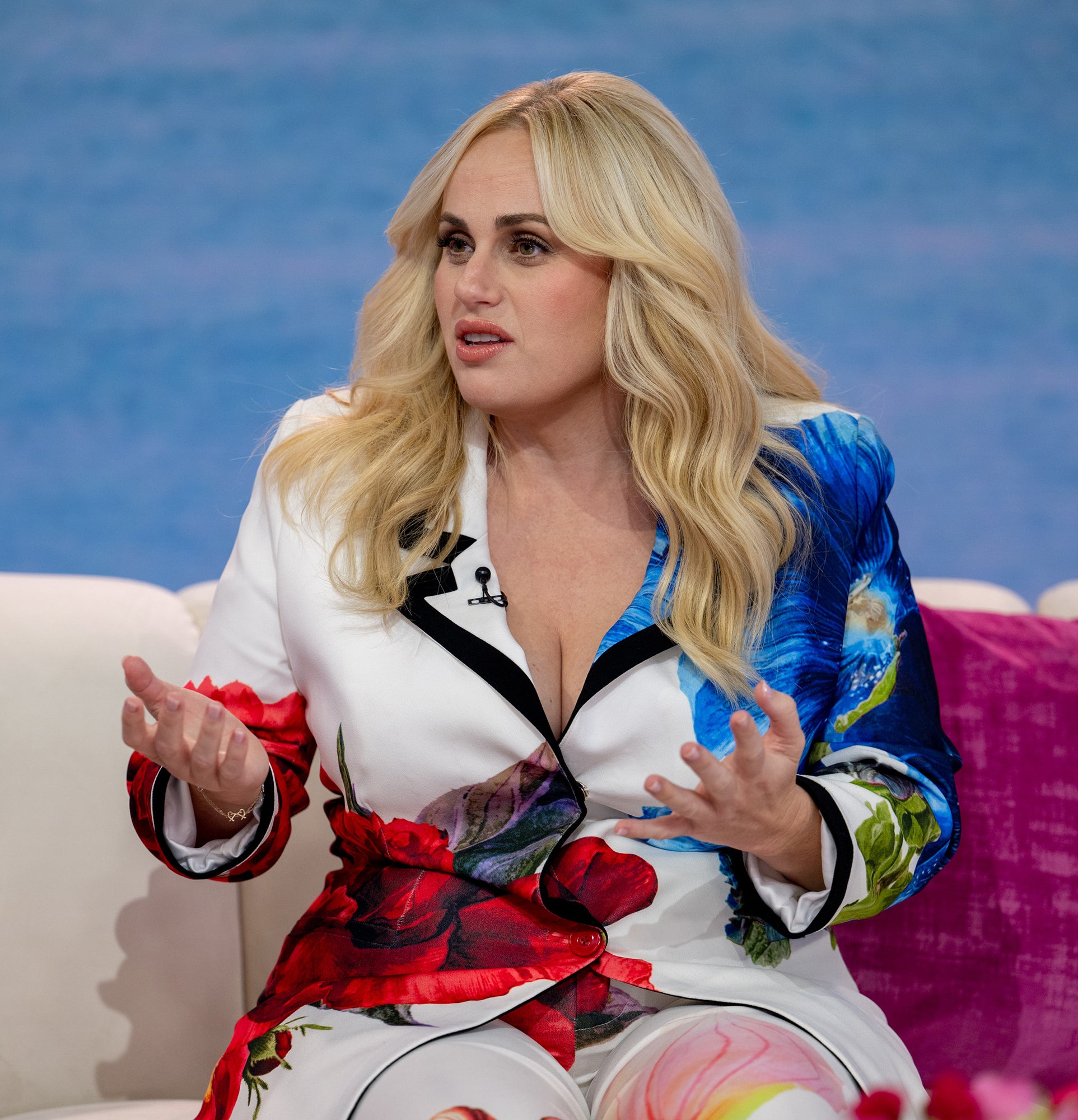
"The truth is your body doesn't need a lot of calories, and I know that might sound crazy to some people, but if you eat right and you eat small portions you'll be just fine. ... I learned that you really only need about 600 calories a day, you don't need 1,500 or 2,000," she added. A professional dietician denounced this claim to BuzzFeed.
Speaking about her relationship with food in more detail, Rebel also noted, "Sometimes it's hard for me because I'm an emotional eater, that is my issue, I eat when my emotions run high. I still struggle with that and I still work with that all the time — it's just a process, it's a journey."
And now, Rebel has opened up further about her "complicated" relationship with food.

Sitting down with the Sunday Times over the weekend, Rebel said of her past eating habits, "I wasn't dealing with my emotions properly, I was just stuffing my face and holding on to them."
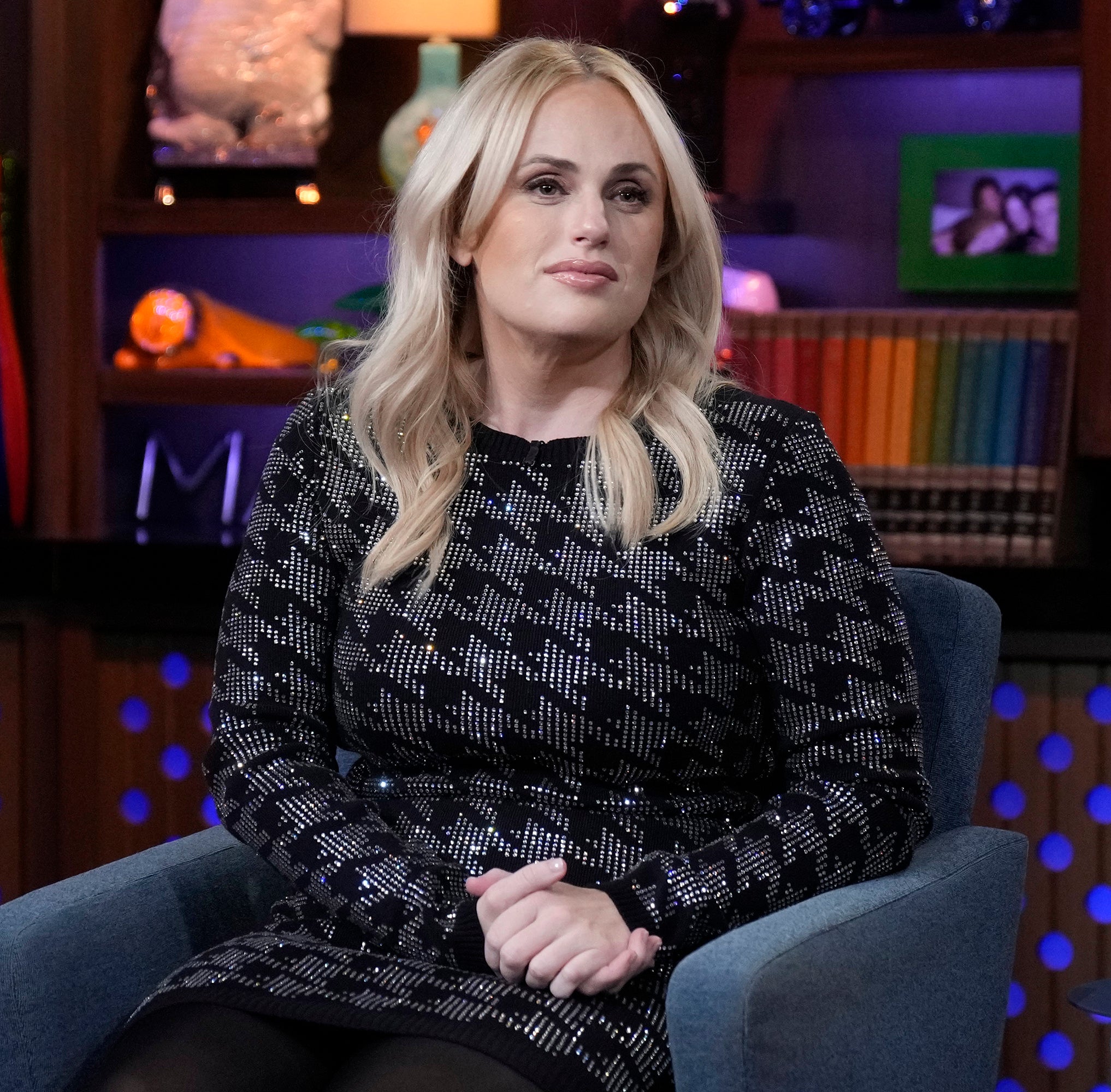
Rebel purportedly went on to tell the outlet that she was on Ozempic for a brief period for weight maintenance, saying, "Someone like me could have a bottomless appetite for sweets, so I think those drugs can be good."
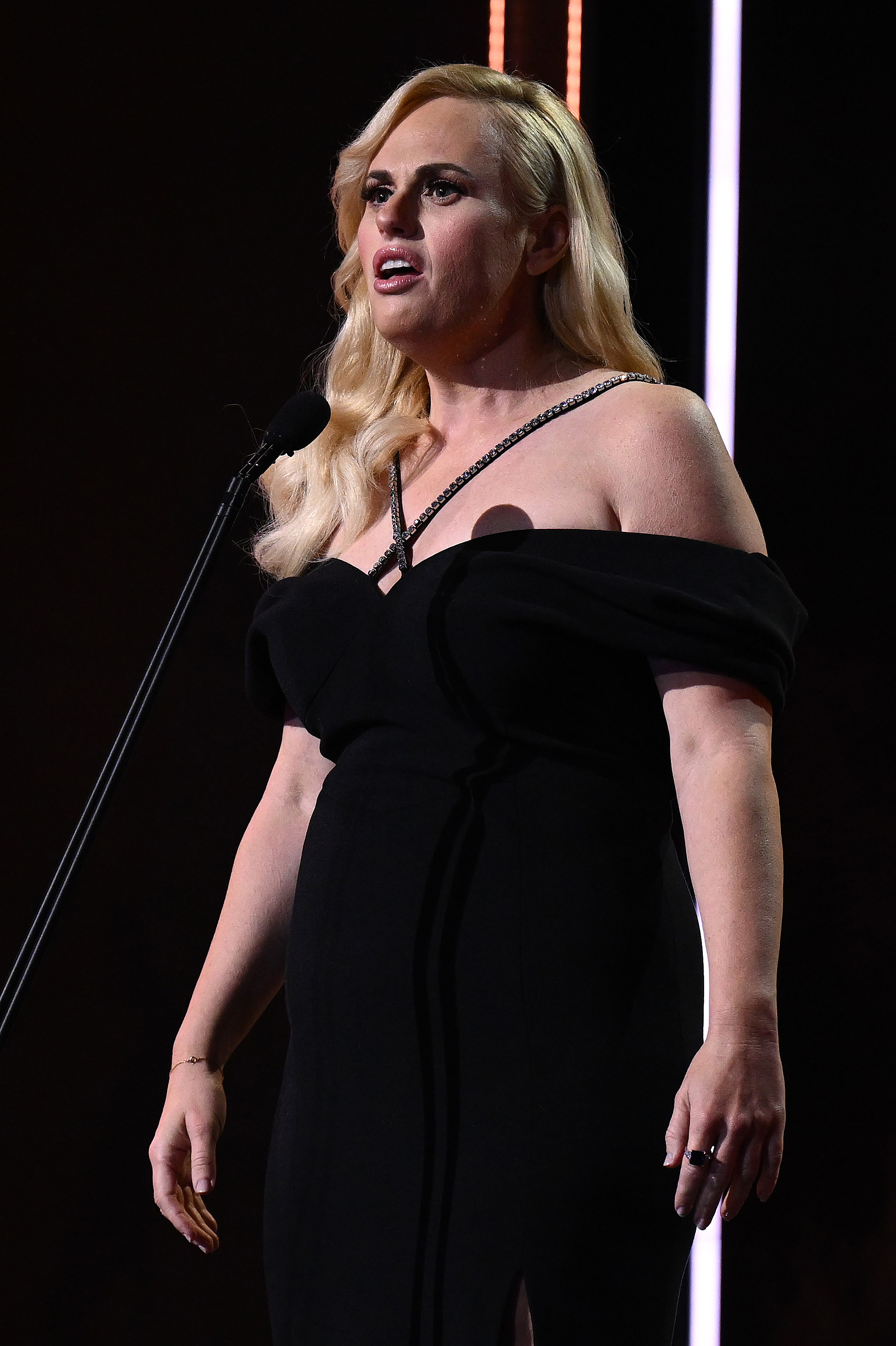
According to the outlet, Rebel opens up further about her relationship with food in her memoir Rebel Rising, which has just been released.
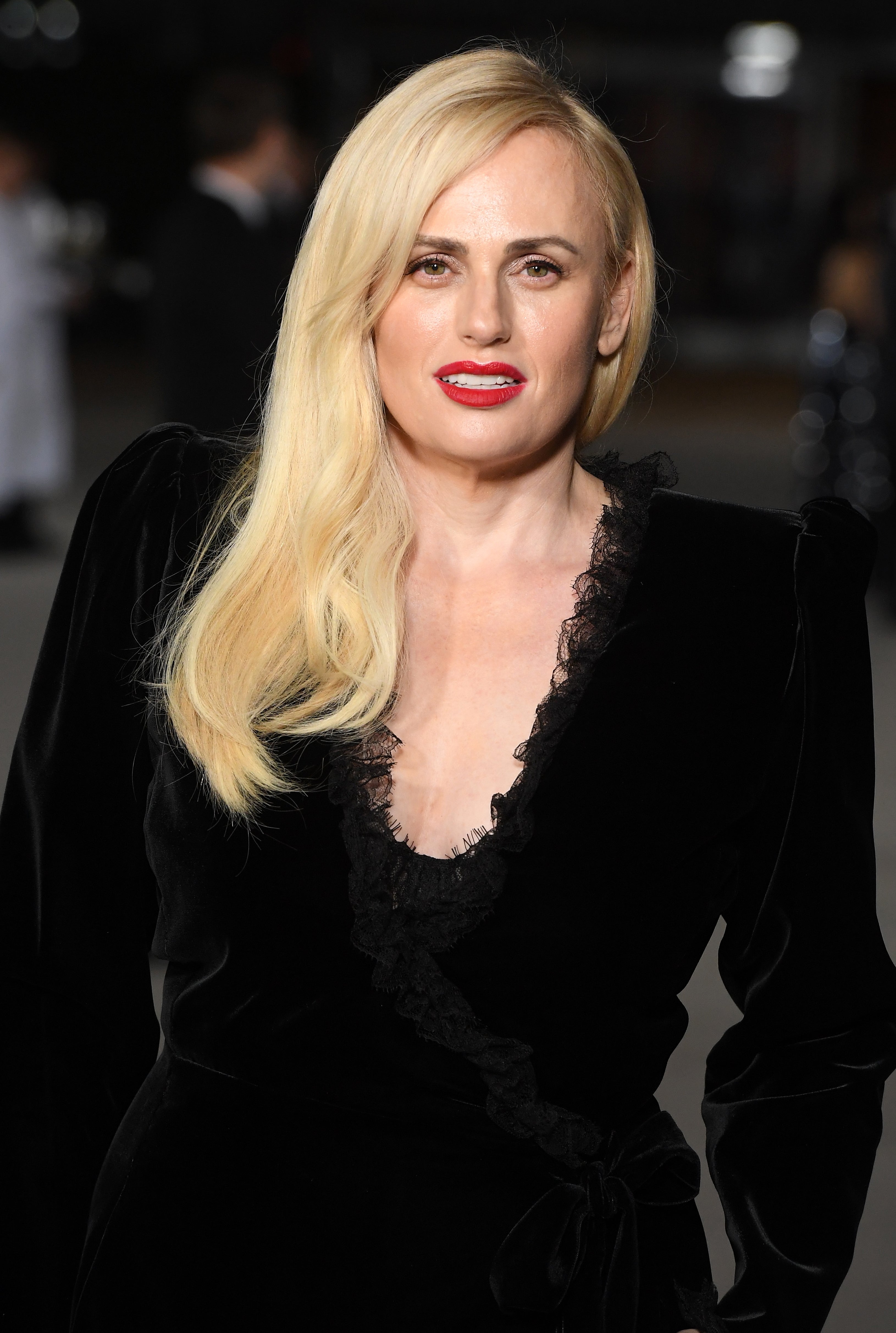
Rebel reportedly writes that her past eating habits stemmed from witnessing her abusive late father, who died in 2013, lash out. Describing one specific incident with him, the actor says that he hit her as a child.
"'I'm going to choke you and kill you if you say one more thing, Melanie,'" Rebel, who was born Melanie before legally changing her name in 2002, says her father told her years ago. "'I'm going to throttle you.'"
"In those moments when I was worried or scared, I turned to food," she writes. "I think because I saw my mum do it. Everybody has a coping mechanism — eating is mine."
You can read Rebel's full interview with the Sunday Times here.
The National Eating Disorders Association helpline is 1-800-931-2237; for 24/7 crisis support, text “NEDA” to 741741.
